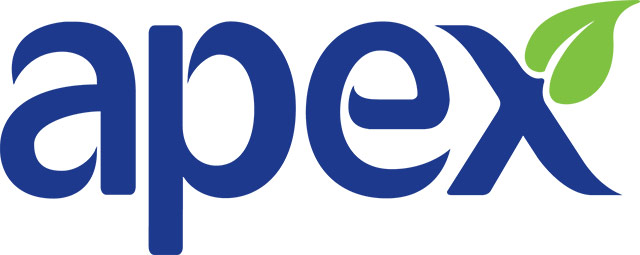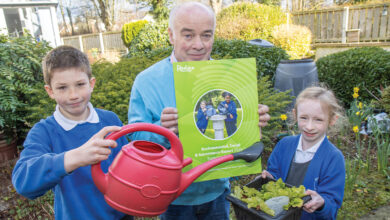Help for homebuyers


Apex has been at the forefront of establishing a new ‘shared ownership scheme’ for Northern Ireland. The scheme is called FairShare and its introduction to the Northern Ireland market place has been welcomed by government, housing advice bodies and major mortgage lenders.
Three major lenders now endorse FairShare – Halifax, Nationwide and Santander, with other lenders expected to come on board as the scheme continues to develop its profile.
Homebuyer eligibility
FairShare is fully operational and available to first-time buyers or persons returning to the housing market for properties not normally exceeding a purchase price of £150,000. Applicants must not be able to afford to buy their new home out- right, but must be able to afford to buy at least 50 per cent of it.

How does FairShare work?
FairShare is designed to help hard working people realise their dream of home ownership through a simple and affordable part-buying and part-renting approach.
Through FairShare, homebuyers can partner with Apex to purchase a share of a home that they can afford of between 50 per cent and 90 per cent. And, like other shared ownership schemes, Apex will charge a rent on its share. However, compared to other shared ownership schemes there are significant savings to be made on FairShare rents over the first four years and with no fees or charges when making an application to FairShare, homebuyers costs are kept to a minimum. This approach is designed to help homebuyers adjust to the costs of home ownership. The home owner can always increase their equity when they can afford to do so – which is referred to as staircasing.
What properties are eligible?
The FairShare website www.fair-share.org.uk explains the scheme and the application process in more detail and provides information on a number of properties owned by Apex, which are currently available to buy with FairShare.
Alternatively, if you find some other property that you would like to buy, you can apply directly to FairShare with details of the property, and if you are offered a mortgage, FairShare will then request Apex to become a joint purchaser.
In some instances, other housing associations registered with the Department for Communities, who are opting to sell their properties through FairShare, will become the joint purchaser. Feedback from purchasers and those using the website has been very positive. One purchaser, previously living in private rented accommodation has seen their monthly accommodation cost reducing by half on purchasing a 50 per cent share in an Apex property through FairShare.
FairShare
6 Cromac Place
The Gasworks
Belfast
BT7 2JB
T: 0300 123 1191
W: fairshare.org.uk
@FairShareNI






